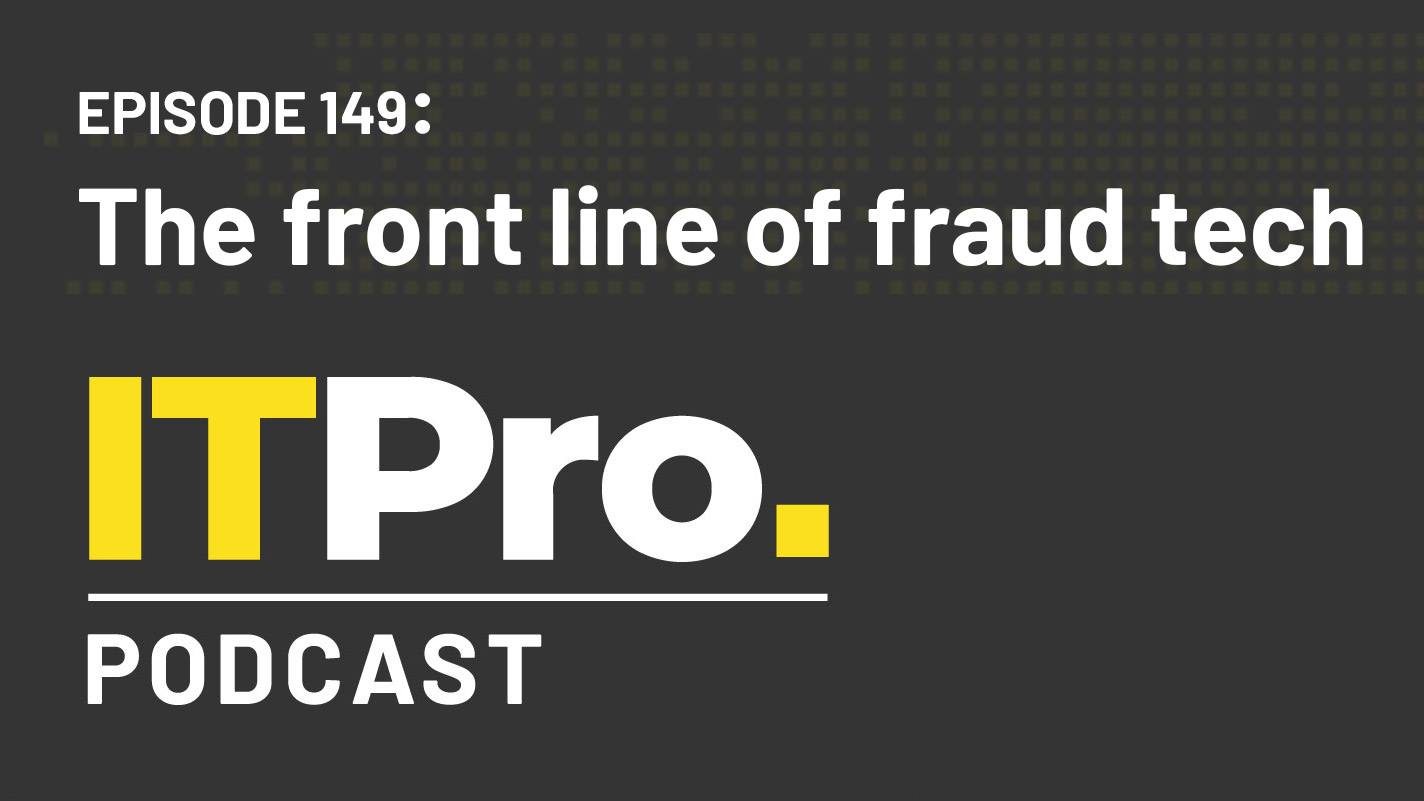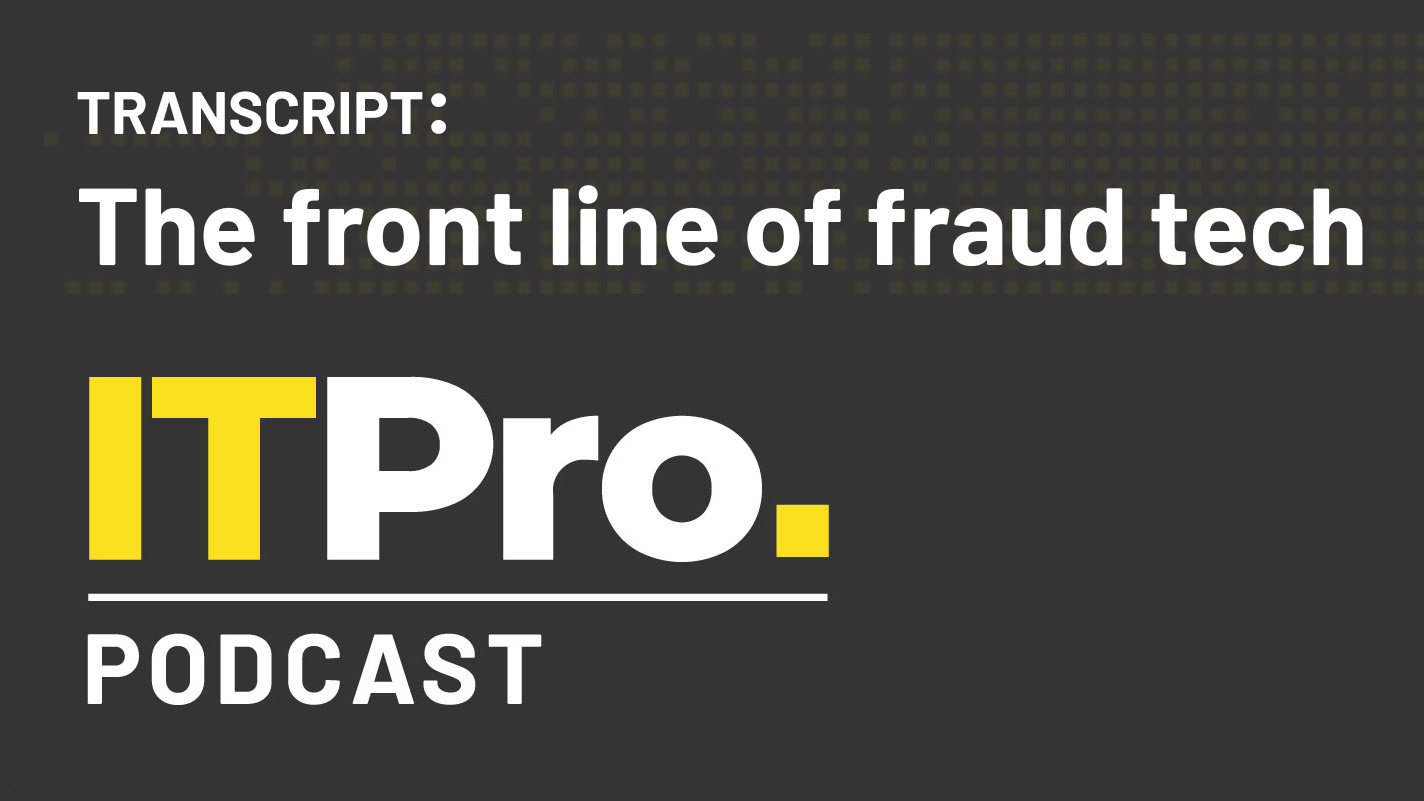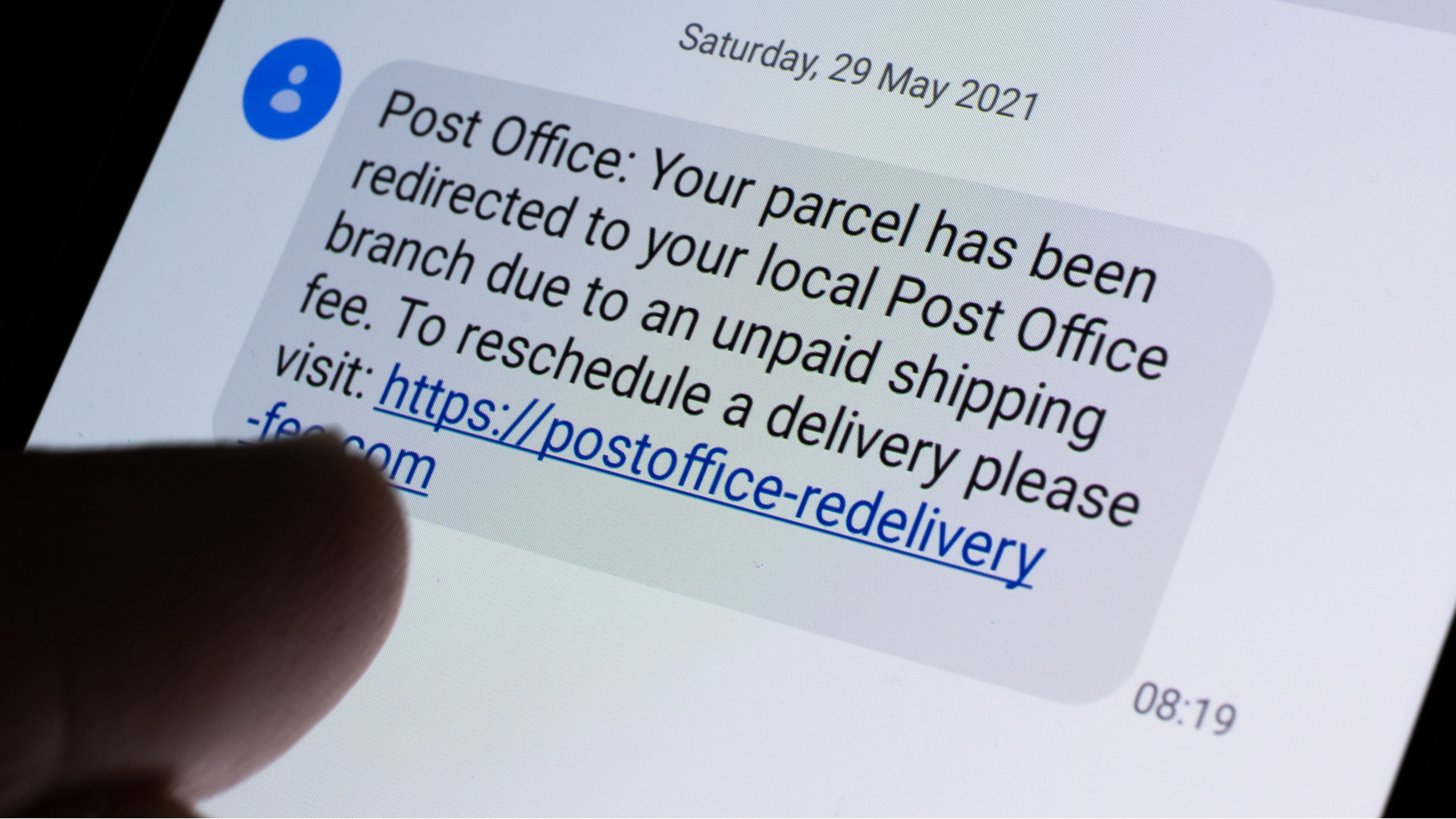How to be a successful online fraudster
Ever wanted to know how easy it is to be an identity thief and earn a fortune? IT PRO reveals all…

Sign up today and you will receive a free copy of our Future Focus 2025 report - the leading guidance on AI, cybersecurity and other IT challenges as per 700+ senior executives
You are now subscribed
Your newsletter sign-up was successful
With a little effort, a bit of technical know-how and dubious morality, it's a cinch to become a successful online fraudster.
Here is a step-by-step guide to how people set themselves on the career path to be a wanted criminal - the secrets of the identity thieves.
One - Choose your career path
There are two different career paths that you can take as you begin your life as an identity thief.
The harvesting fraudster
These are the guys who steal credentials usernames and passwords from online banking, credit cards and other types of ID theft. They use technical infrastructure such as phishing keys, trojans and other types of malware which are hosted over the internet and sent to the consumer.
The cash-out fraudster
Sign up today and you will receive a free copy of our Future Focus 2025 report - the leading guidance on AI, cybersecurity and other IT challenges as per 700+ senior executives
These are the fraudsters who cash-out' or make money from the credentials. For example, if one of these fraudsters was given credit card details on a disk, or online banking passwords, they would be able to empty the accounts.
Whereas the harvesting fraudsters are all about the malware technology, the cash-out fraudsters will have an operation - for example, having physical drops' where money can be dumped. They will also be able to monetise selling goods on the black market for cold hard cash.
With online banking fraud, the cash-out fraudsters will have accounts which they will be able to launder money into. With this, they will usually recruit collaborators with bank accounts, take the funds and send it to the supply chain.
How to decide
The cash-out fraudster will never have contact with the consumer they are after the credit card details or bank accounts. It depends on you point of view: do you want to deal with the technical side harvesting, phishing etc or do you want to recruit mules and end up cashing the account?
Being a cash-out fraudster is more risky. You'll be doing the actual fraud by emptying accounts and transferring money to your mules but the reward is greater.
Two - What to defraud
The world is your oyster. It's not just financial institutions that you can defraud, but internet services, social networks, online games, and virtual worlds.
Social engineering is one of your best tools, so understand how it works. It's easy to get people out there to perform actions or divulge confidential information with some simple trickery with malware, such as phishing attacks or trojans.
-
 Honor MagicBook Pro 14 review
Honor MagicBook Pro 14 reviewReviews Perhaps a little too ostentatious for the office, but a solid laptop offering with great cross-OS features
-
 Lenovo wows at MWC with concepts for a modular ThinkBook and desktop AI-devices
Lenovo wows at MWC with concepts for a modular ThinkBook and desktop AI-devicesNews A new modular ThinkBook AI PC from Lenovo is the star of the show, with a delightfully versatile proof of concept
-
 Fake North Korean IT workers are rampant on LinkedIn – security experts warn operatives are stealing profiles to apply for jobs and infiltrate firms
Fake North Korean IT workers are rampant on LinkedIn – security experts warn operatives are stealing profiles to apply for jobs and infiltrate firmsNews The scammers' latest efforts mark a significant escalation in tactics, experts have warned
-
 Cyber teams are struggling to keep up with a torrent of security alerts
Cyber teams are struggling to keep up with a torrent of security alertsNews Fragmented identity security processes are creating blind spots, and the proliferation of tools doesn't help
-
 The IT Pro Podcast: The front line of fraud tech
The IT Pro Podcast: The front line of fraud techIT Pro Podcast With tools such as deepfakes, the future of fraud tech relies on cutting edge AI as much as good security practice
-
 Podcast transcript: The front line of fraud tech
Podcast transcript: The front line of fraud techIT Pro Podcast Read the full transcript for this episode of the IT Pro Podcast
-
 LAPSUS$ breached T-Mobile systems, stole source code
LAPSUS$ breached T-Mobile systems, stole source codeNews T-Mobile has denied that the hackers obtained customer or government information
-
 Exclusive: Former Shiseido staff say company was aware of data breach weeks before official notice
Exclusive: Former Shiseido staff say company was aware of data breach weeks before official noticeNews Fake companies were created using the stolen identities of hundreds of Shiseido employees, former staff claim
-
 What is smishing?
What is smishing?In-depth A closer look at one of the most perilous forms of phishing
-
 FBI warns scammers are using cryptocurrency ATMs to siphon cash
FBI warns scammers are using cryptocurrency ATMs to siphon cashNews Criminals will stay on phone with victims as they make payments, says advisory